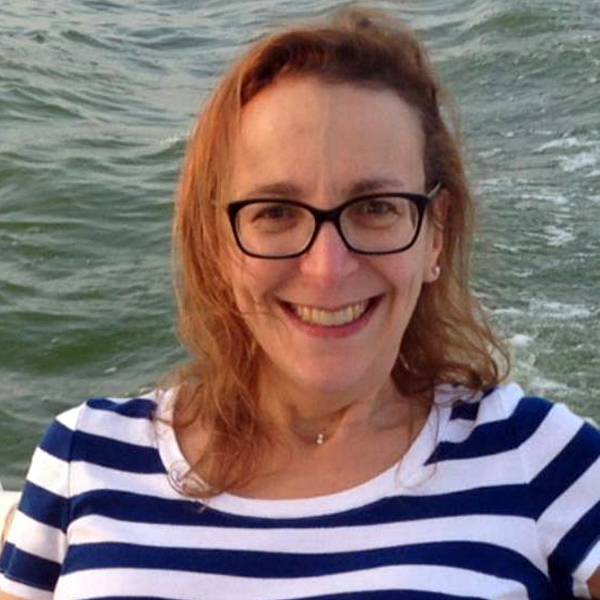
When we hear about people’s afflictions, they usually start by saying, “I discovered I had this disease when….” Back in my day, no one spoke of mine. My body wasn’t aching, I hadn’t broken a bone—I didn’t have a fever. But, I did know something was terribly wrong when I started shutting down completely when I was 16. I had no idea this was the beginning of a life-long struggle with Bipolar Disorder.
The mania stepped in when I was 20. For a couple months, I barely slept, my mind was going a mile a minute, and I was making ill-fated decisions at every turn. I felt invincible, though I was essentially unable to function in my daily routine. I landed in the hospital for the first time. Once stabilized, the inevitable happened—I fell into a severe depression. One day, I couldn’t stand it anymore and tried to take my life. Fortunately, I reached out to my mother, who immediately called 911. When I woke up in the hospital, I felt ashamed but was happy to be alive! After this stay, I left with a diagnosis—Manic Depression.
As the years passed by, the depressive cycles became more prevalent and intense. I held on to my career for years before realizing I needed to stop working altogether. At this point, I sunk even lower since I had so much time on my hands without a schedule in place. For two years, I isolated myself from everything and everyone.
Then, on one sunny afternoon, I listened to my husband’s advice and took a quick walk to the corner. I went a little further each day until my walks became routine. I reaped the numerous benefits of exercise, and my mood suddenly improved. A few months later, my doctor suggested a new drug, and we finally discovered a successful medication cocktail! I was thrilled because I felt like myself again after more than a decade of trial and error.
I still encounter ups and downs, but I manage the moods better now. I still walk nearly every day, have a part time job and volunteer at an animal shelter. I’ve realized those of us with mental illnesses need to be kind to ourselves and simply do the best we can. In addition to my psychiatry and therapy visits, I attend my local DBSA’s Bipolar Support Group weekly. All of these tools help me stay on track, along with the loving support of my friends and family.
The advice I have is very simple, though easier said than done. Don’t ever, ever give up. Help and solutions are always out there. We just need to be as patient as possible (and as a patient, I’ve always struggled with this). As a child, my Mother read “The Little Engine” book to me at bedtime and stressed “I think I can, I think I can, I think I can.” I never imagined how helpful that little phrase would be…

